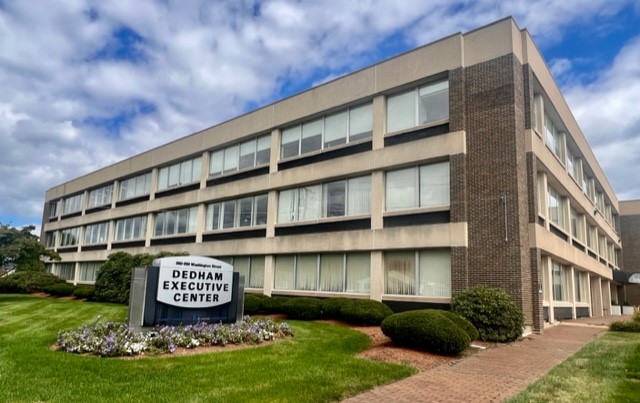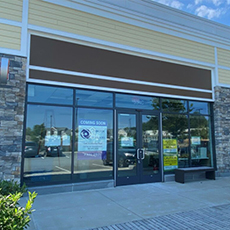Cataract Surgery
Cataract surgery is a safe and effective procedure. The surgeons at Lexington Eye Associates can help restore your vision using a micro-incisional procedure called phacoemulsification, or “phaco.” Phaco is the latest in surgical techniques used to remove a cataract, which is a clouding of the eye’s naturally clear lens.
Preparing for Surgery
It is important for patients who have elected to undergo cataract surgery to discuss their current medications with us. Certain medications, such as Flomax or other prostate medications, can affect the eye during surgery. Likewise, patients who are taking blood thinners may be asked to stop their medication prior to surgery. All patients will be required to see their primary care doctor in order to have a physical examination and be given clearance in advance for their surgical procedure.
Talk to your Lexington Eye surgeon about your visual expectations after surgery. Some patients want to see clearly to drive without glasses, some patients may not want to wear glasses when they read, and some may never want to wear glasses again! These are all viable options after cataract surgery, but it is important to discuss your specific lifestyle, hobbies, and goals with your surgeon.
In order to determine the intraocular lens to implant during surgery, you will be asked to return for measurements on your eyes. These are very specialized measurements that are taken with our cutting-edge technology and are necessary to predict the strength of the implant, and to provide the best possible visual outcome after your surgery.
Two days prior to your surgery, you will be asked to begin using drops in the eye undergoing surgery. These drops are used to prevent infections and control inflammation that can occur after cataract surgery.
The Surgical Procedure
Cataract surgery is an outpatient, day surgery that takes approximately 10 to 15 minutes to perform. Depending on the time of your surgery, we will usually ask patients not to eat within two hours of the surgery. A very light meal of mostly liquids may be eaten two hours prior to the procedure. Patients should also avoid wearing makeup on the day of surgery.
Your primary care physician should instruct you on whether you should continue all your usual medications on the day of surgery. Upon arrival at the surgical center, an anesthesiologist will place an IV and administer light sedation to keep you relaxed and comfortable throughout the procedure. A local or topical anesthetic will be used so that you will have no pain during the surgery.
In preparation for surgery, your eye will be thoroughly cleaned and covered with a sterile drape. A speculum will be placed under the eyelids so that you don’t need to worry about blinking during surgery.
Phacoemulsification involves the use of an ultrasonic probe that is inserted into the eye through a microscopic incision on the surface of the eye. This incision is about 1/10th of an inch! The probe will then break up the cataract using gentle ultrasound energy. The fragments are then suctioned from the eye at the same time, removing the cloudy material for good. Once the cataract is removed, an intraocular lens implant is placed into the eye to replace the natural lens. Most incisions made during surgery are self-sealing and thus require no sutures.
Recovering from Surgery
After surgery, a shield will be placed over the eye. We typically ask that this shield be worn at night while sleeping for one week.
Some patients report a “sandy” feeling in the eye. Occasionally, there may be some mild soreness that can be relieved with over-the-counter pain medications.
The most important thing after surgery is to use your eye drops as instructed by your surgeon. These drops assist in healing, and complications can occur if they are not used.
For one week after surgery, our patients are asked to avoid heaving lifting, strenuous exercise, or bending. Showering is permitted the day after surgery, but you should take care to avoid getting water in the eye during the first week.
Your vision may be clear the very same day after surgery, however, every patient has unique circumstances and the full visual recovery can take up to a week. In fact, over 90 percent of patients have vision without glasses that is good enough to obtain a driver’s license.
Meet Our Team
The Lexington Eye Associates team is led by board-certified doctors considered to be leaders in the field of ophthalmology. Get to know us.
If you have questions or would like to book an appointment, please call (781) 876-2020 request your consultation.















